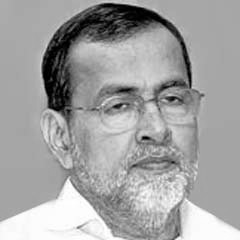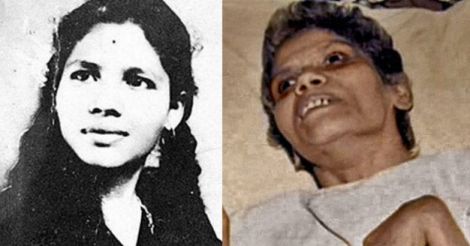A few days after Aruna Shanbaug breathed her last, a pertinent question came to mind – Whether she should have been left on life support even when it was known, without doubt, that she could never live at least a close-to-normal life. As per records, she died on 18 May, 2015, but perhaps she ceased to exist 42 years ago, on 27 November 1973, when she was damned into a vegetative existence.
While the Supreme Court was approached in 2009 for passive euthanasia for Aruna, staff at KEM Hospital volunteered to take care of her, arguing that she was alive. The court in 2011 rejected the appeal for passive euthanasia. However, the case was a watershed with regard to euthanasia, because it laid out the parameters that a court may consider when it is approached with a plea for the same.
I had approached the court for a similar reason in 1998. I had argued that a critically-ill person, more than 70 years of age, should be allowed to die naturally without being subjected to artificial life-supporting means. After a particular age, the person must have the right to discontinue treatment and be able to protect that decision legally, I argued.
Hospitals that treat the terminally ill patients make significant profits but the family will be struggling to make both ends meet. Even religious and political outfits prefer to play it safe when it comes to taking a decisive stance on euthanasia.
Following the legalising of euthanasia in Netherlands in 2002, many nations have adopted similar laws. Those who prefer a painless end to life should come forward and plead for euthanasia. Rather than saying 'no' to euthanasia, measures aimed at preventing misuse of euthanasia are far more imperative.
And instead of prolonging the vegetative existence of a person, the society could perhaps encourage a death with dignity.




































































































































































































































































































































































































































































































































































































































 Aruna Shanbaug
Aruna Shanbaug
Disclaimer
The comments posted here/below/in the given space are not on behalf of Manorama. The person posting the comment will be in sole ownership of its responsibility. According to the central government's IT rules, obscene or offensive statement made against a person, religion, community or nation is a punishable offense, and legal action would be taken against people who indulge in such activities.